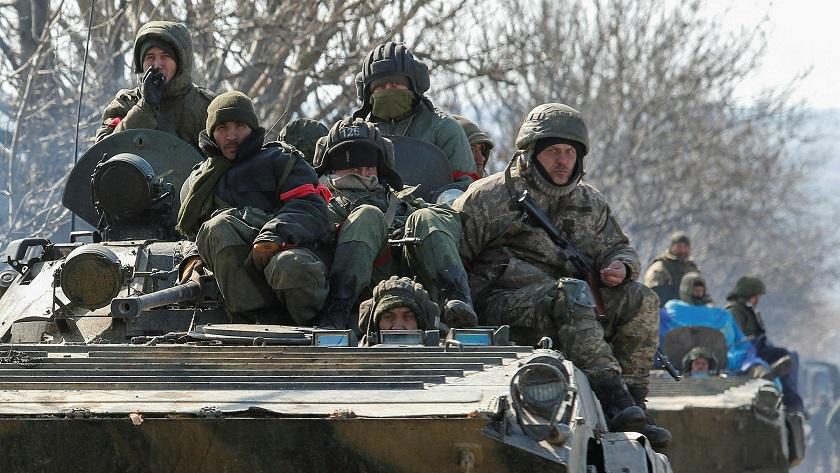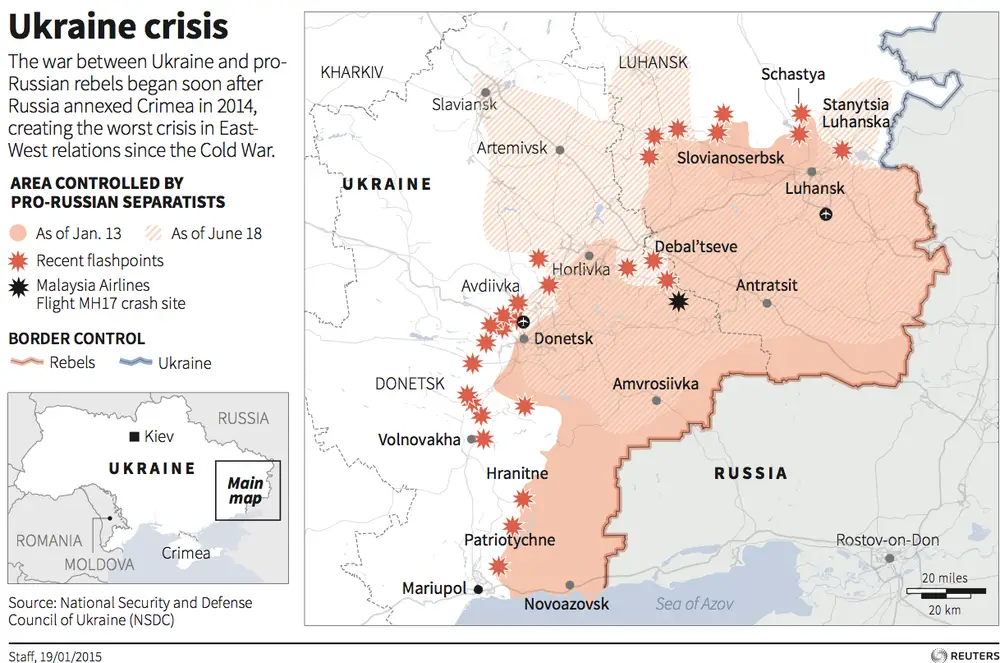
Western countries urge their citizens to leave Russia immediately. The official reason for such a measure is a partial mobilization that Russian President Vladimir Putin announced on September 21. But could it be that policymakers in the West know something that the rest of the world does not?
By Nikola Mikovic
The fact that, to this day, not a single Western embassy has evacuated its staff from Moscow suggests that chances for an all-out war between Russia and NATO are rather slim. However, the Russian Federation may soon enter a turbulent period that will significantly affect millions of people.
The West is gradually crossing Putin’s imaginary “red lines.” NATO countries continue supplying Ukraine with weapons, and Ukraine keeps shelling Russian territory daily. The Kremlin “responded” to such Ukraine and Western actions by releasing over 200 captured members of Ukraine’s Azov Regiment.
Rumors are flying that Moscow and Kyiv could soon arrange an “all for all” war prisoners exchange, which means Russia will release around 7,000 Ukrainian soldiers. In return, it will get 1,000 captured Russians. In other words, the Kremlin will make another concession to its Ukrainian partners if such an exchange takes place.
Since Putin launched the so-called special military operation in Ukraine, Moscow has repeatedly demonstrated its weakness. Unable – or unwilling – to “fight until victory,” Russia withdrew its troops from Kyiv in March, from Snake Island in June, and from the Kharkiv region in September.

The Kremlin is now attempting to create an illusion that it will change its military and political approach regarding the Ukraine conflict. In reality, measures such as partial mobilization, or even the annexation of the Donbas and southern Ukraine, are unlikely to help Russia to win the war.
It is virtually impossible for an army that lacks essential equipment, such as helmets and bulletproof vests, to defeat the Western-backed Ukrainian military supplied with modern, sophisticated weapons. Mobilization of additional troops, be it more than 300.000, will not help the Kremlin’s war efforts unless Moscow manages to mobilize its military-industrial complex. But given that Russia is forced to import drones from Iran since it cannot produce uncrewed aerial vehicles, it is not very probable that the Russian sanctions-hit and oligarch-dominated economy will be able to switch to a war model of production.
Thus, the Kremlin is expected to continue implementing half-measures in Ukraine, which will undoubtedly lead to more deaths, destructions, and humiliation for the Russian Federation. The biggest problem for Russia remains a lack of political will among the country’s elite to “fight until victory.” Quite aware that the West, especially the United States, has the upper hand over Russia, Moscow will unlikely ever dare to take any severe actions against its Western partners.
The recent sabotage of the Russian-owned Nord Stream pipelines was yet another demonstration of the Kremlin’s weakness. Suppose the United States, as some authors speculate, was behind the Baltic Sea blasts. In that case, it remains unclear why Moscow did not immediately respond to the destruction of its infrastructure.
Policymakers in the United States can see that Russia is hesitant about bombing “decision-making centers” in Ukraine or destroying bridges over the Dniepr River, which means that, even if the situation in the Eastern European country escalates or if more Russian critical infrastructure is destroyed, Moscow is unlikely to raise the stakes.
On the other hand, Western-backed Ukraine will see the Kremlin’s annexation of the self-proclaimed Donetsk People’s Republic, Lugansk People’s Republic, Kherson, and Zaporizhzhia regions into the Russian Federation as another act of provocation and will continue fighting.
Thus, the Ukraine war will go on, and Russia will almost certainly deploy dozens of thousands of unprepared and untrained mobilized men to play the role of cannon fodder. The coming weeks and months will show if such a strategy will help the Kremlin to achieve at least some of the initial goals of its “special military operation.”






Arguments and interpretation are very debatable, but in politics and reactive tactics all is possible
Interesting to get a bit more of insights on what is happening out there. Let it please be over soon. I meet Ukrainian people from time to time and the stories that I hear unfold a harsh, cruel and inhumane truth.